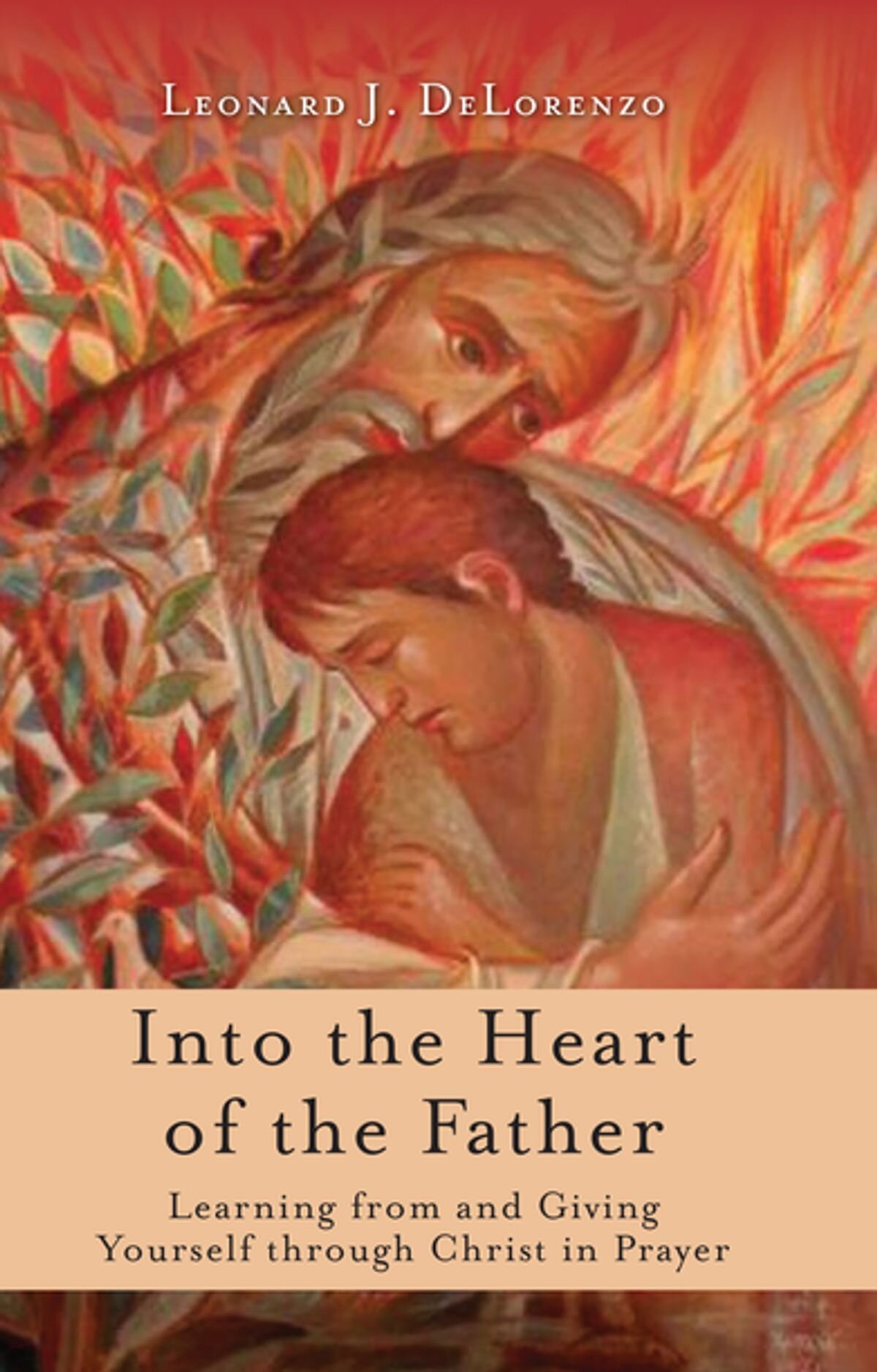Part 2 of “Learning to Pray to Our Father”
To call God “Father,” you must become a child. This is the first, the most basic, and perhaps the only requirement for praying the Lord’s Prayer. We do not approach God as an equal, nor as if we possessed titles or honors that God must respect. The opening words of the Lord’s Prayer incline us to become small. The way to approach God is as one who is dependent, who cannot provide for yourself, but who also knows that you are loved with paternal affection.
When Jesus prays, he never fails to call God “Father.” He then instructs his disciples to call God “Father”. By doing so, Jesus requires us to become the children God desires us to become.
“Father” is only half of this profound opening; “our” is the other part. “Our” seems less significant, but it is not. The Son of God is not like us but became like us. He is not just another man, but the Word of God who became flesh. His Father is not “our” Father. God the Father is Jesus’ Father. When Jesus addresses God as “Father,” he is revealing what is eternally true: He is the only Son of the Father. God is our Creator, and we are God’s creatures. So it is not only the “Father” part of Jesus’ teaching on prayer that is so shocking. What is shocking is that he says “Our Father.”
We would be right to think that the “our” in that address means that we address the Father together — in other words, I cannot claim the Father as my own, excluding you. That is utterly significant for how we ought to think of, care for, and treat each other. But the “our” is even more significant than that.
When Jesus teaches his disciples to pray, he does not form us to pray alone. Rather, he forms us to pray with him; indeed, he forms them to pray in him. As disciples of Jesus we are to pray in Jesus’ place — that is, we are to pray not as we are on our own, but as Jesus himself is. Jesus is the Son who teaches his disciples to call his Father, our Father. He is praying with us, and we are praying with him. He says, “stand where I am, and pray to my Father: that is how you become His children.” Disciples never pray alone.
To accept Jesus’ invitation to prayer means that God is not remote, distant, unreachable. Jesus says to his disciples: “Draw near. I give you my Father.” This changes everything about who we are — it is the most practical thing of all.
If you look for the word “Father” in the Gospels, you will soon notice how often this word appears. Jesus never ceases teaching his disciples and even the crowds to approach and call upon God as Father. In fact, when his first disciples were becoming covetous and pompous, seeking after their own titles and honors, Jesus chastened them for acting and scheming like those who are wise in the ways of the world. Disciples cannot approach God in such a way; they will never ascend to God if they do not humble themselves first:
“Truly, I say to you, unless you turn and become like children, you will never enter the kingdom of heaven. Whoever humbles himself like this child, he is the greatest in the kingdom of heaven” (Matthew 18:3–4).
Only children may pray to God. To enter into Jesus’ prayer, disciples must become children, as Jesus himself is Son.
Practice Praying: I invite and challenge you to pray the Lord’s Prayer each day this week. In fact, pray it twice each day. Pray it once, then spend several minutes pondering the significance of the words “Our Father.” Take a few minutes to write your thoughts in a prayer journal. Let Jesus give you his Father. Then pray the Lord’s prayer again.
Find more: This series draws on sections of my book Into the Heart of the Father: Learning from and Giving Yourself through Christ in Prayer. I am grateful to my publisher, Word Among Us Press, for allowing me to share these sections with you here. If you are interested, I hope you will check out the book – I think you’ll like it.
Study and pray with others: I have also designed a reading, prayer, and discussion guide for groups that would like to read the book and learn how to pray better together. This is ideal for parishes, schools, and families.
Part 2: “Our Father”
Part 4: “Hallowed Be Thy Name”com/blog/hallowed
